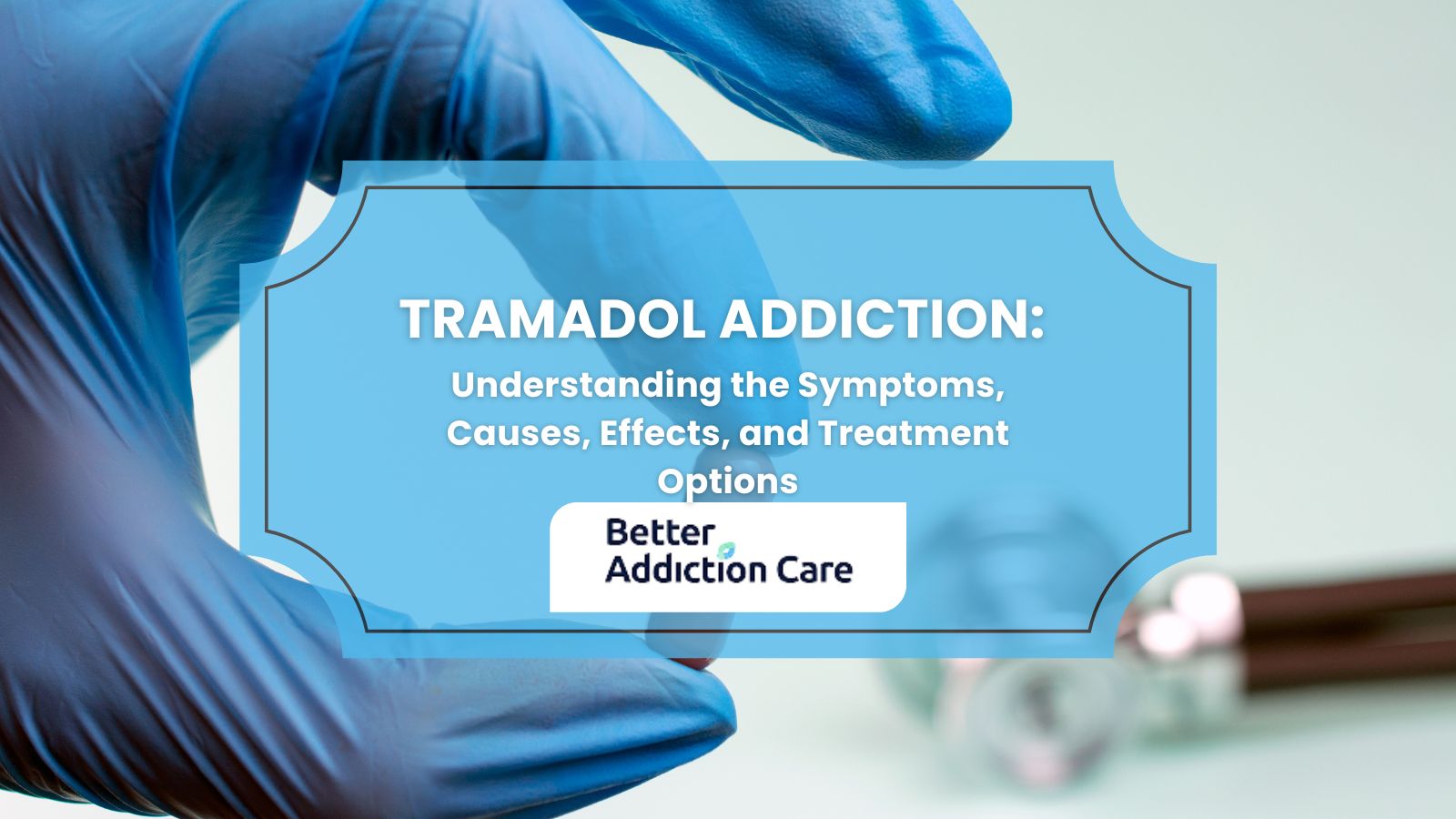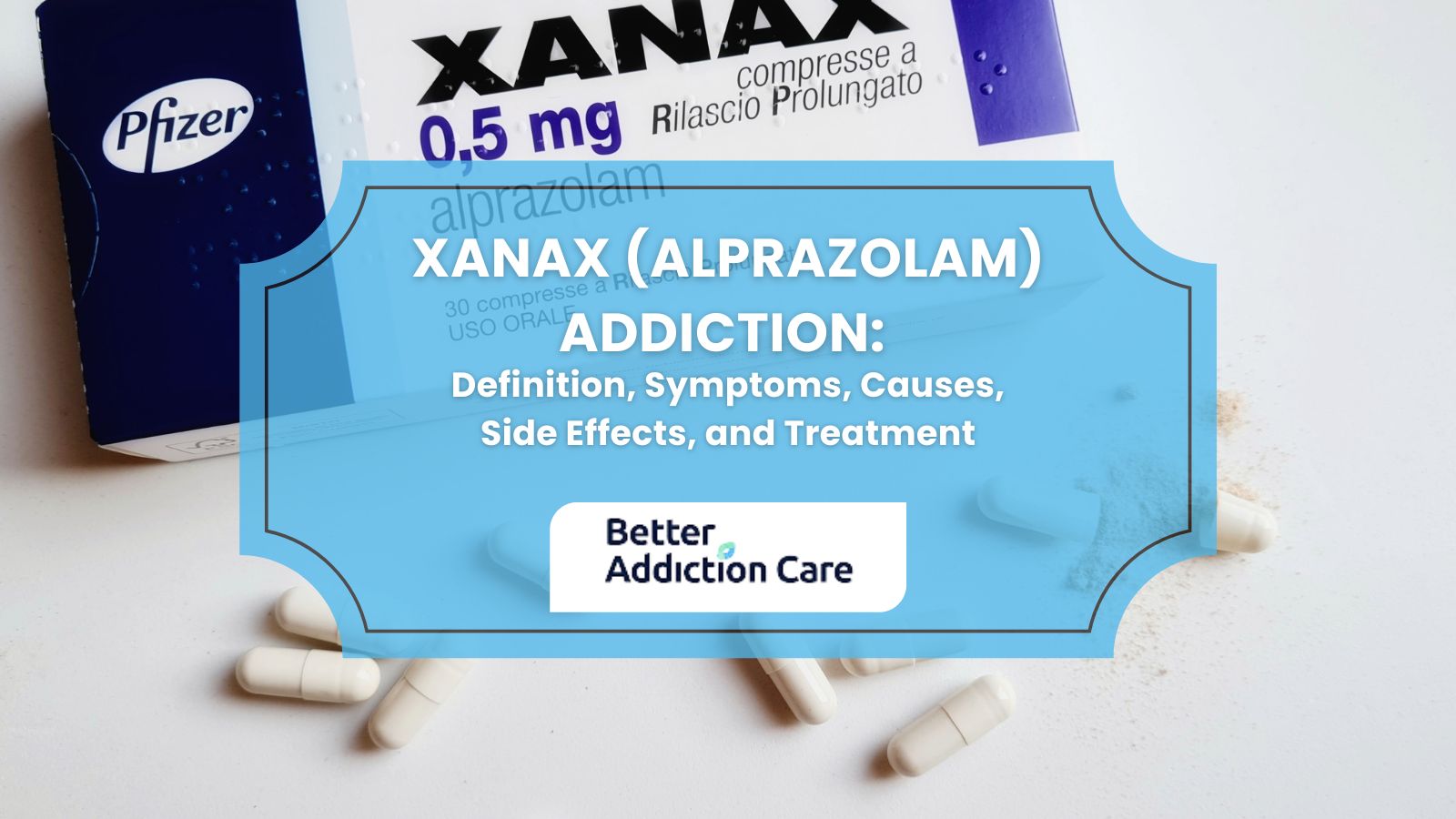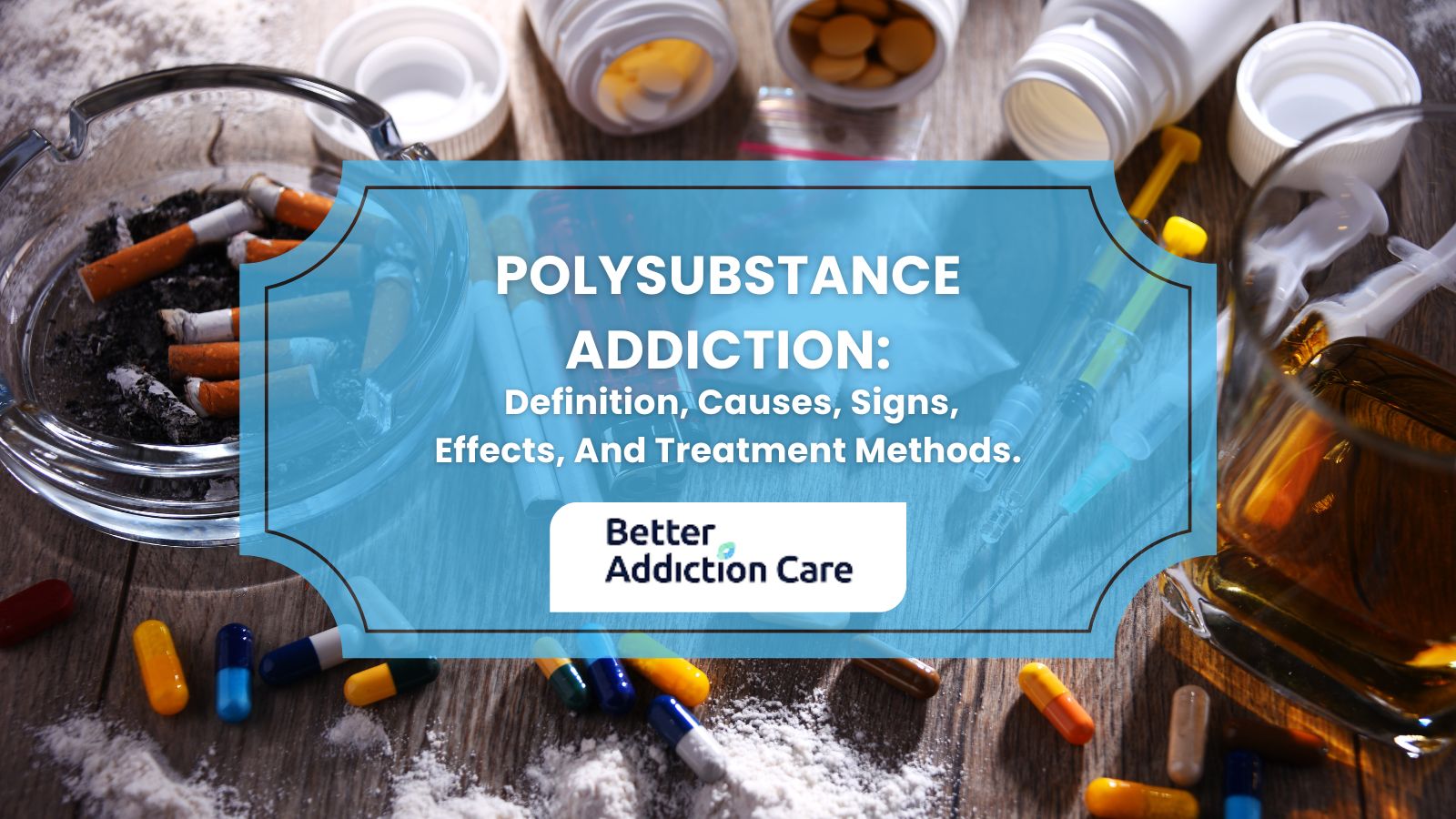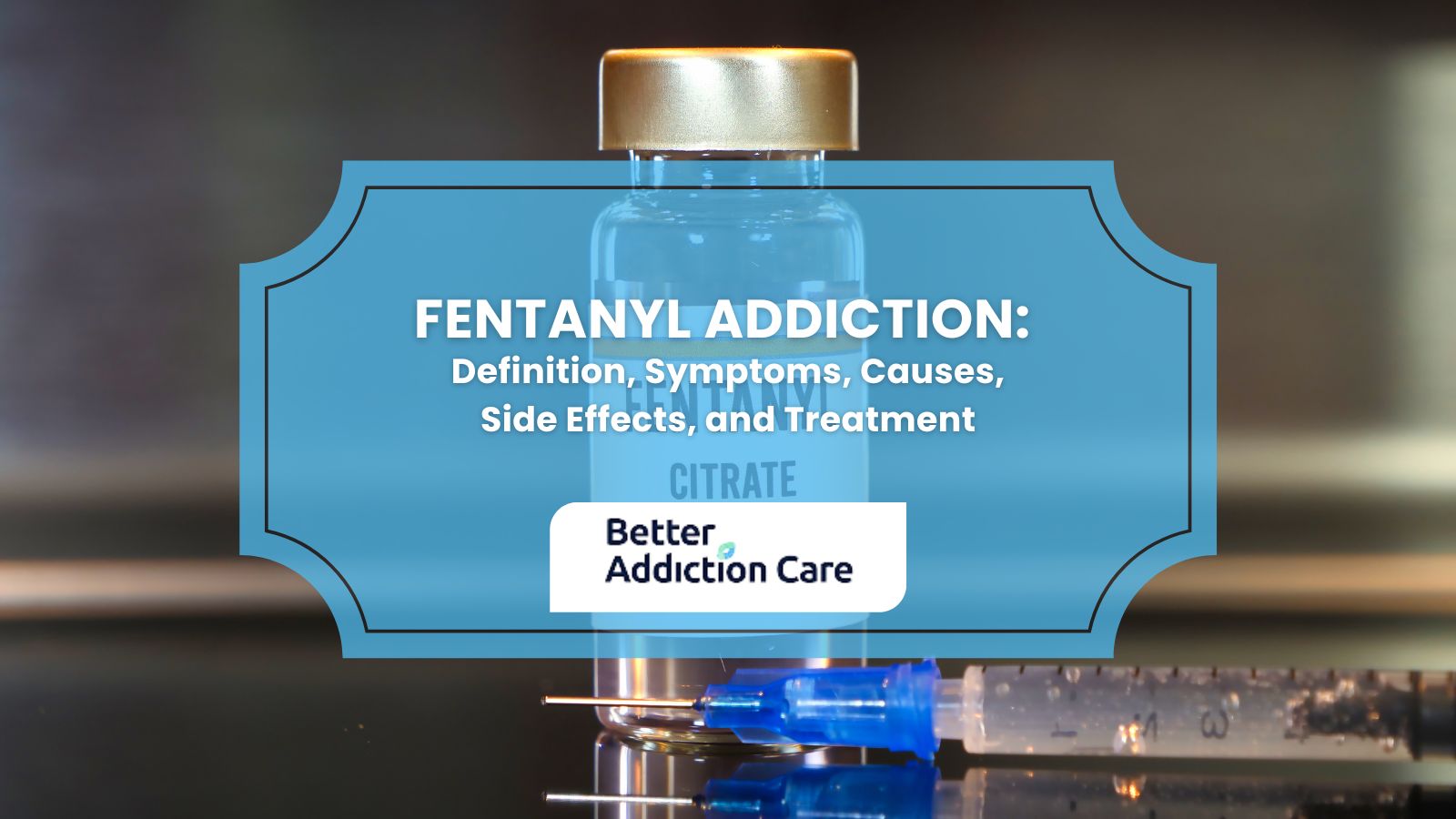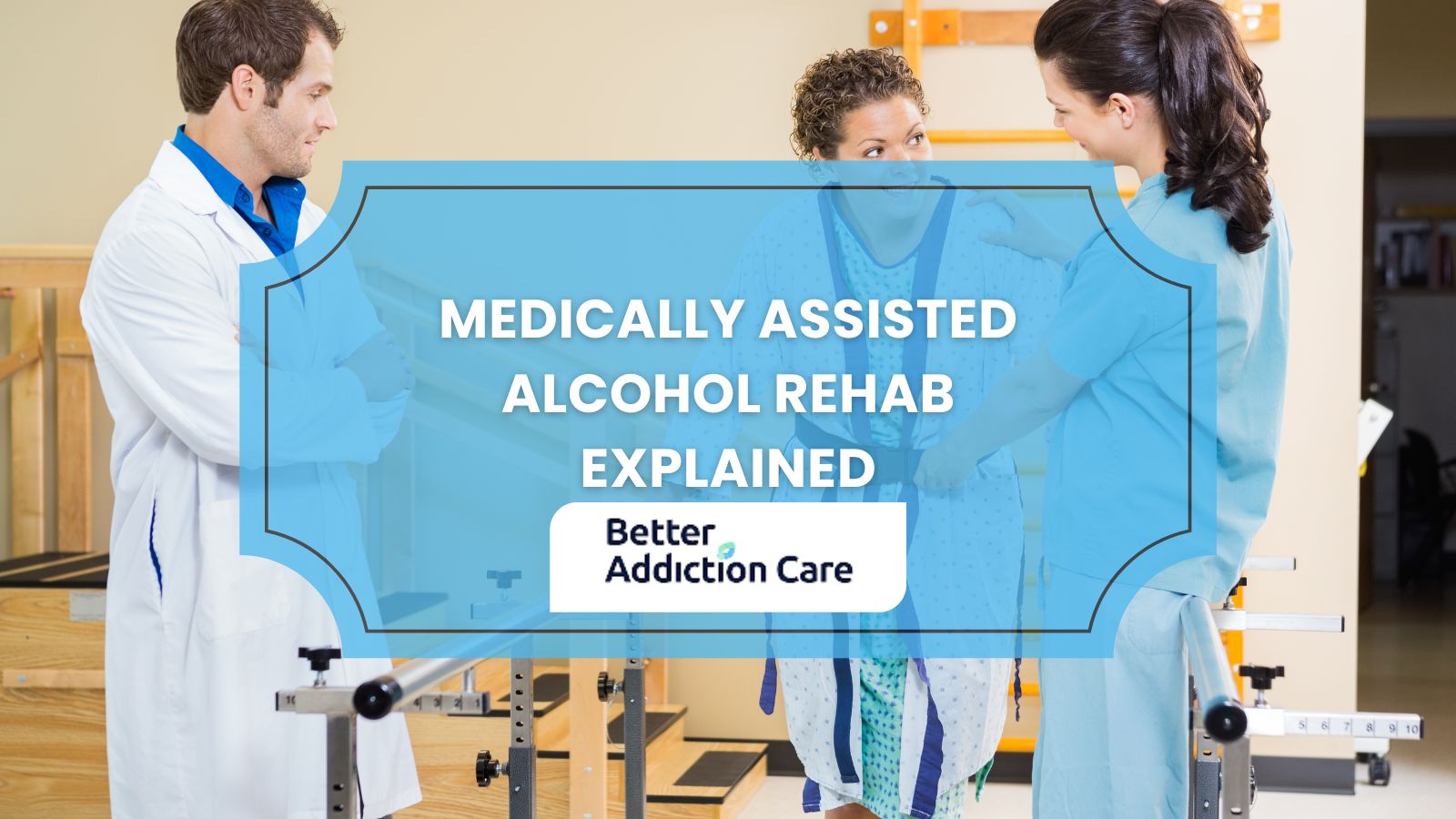Cincinnati Children's Hospital Medical Center - College Hill Campus

Overview
Cincinnati Children's Hospital Medical Center - College Hill Campus is a mental health treatment center for people seeking treatment near Hamilton County. As part of their treatment modalities for recovery, Cincinnati Children's Hospital Medical Center - College Hill Campus provides couples/family therapy, group counseling, and cognitive behavioral therapy during treatment. Cincinnati Children's Hospital Medical Center - College Hill Campus is located in Cincinnati, Ohio, accepting cash or self-payment for treatment.
Cincinnati Children's Hospital Medical Center - College Hill Campus at a Glance
Payment Options
- Cash or self-payment
- Medicaid
- State-financed health insurance plan other than Medicaid
- Private health insurance
- Federal military insurance (e.g., TRICARE)
Assessments
- Screening for tobacco use
- Comprehensive mental health assessment
Age Groups
- Children/adolescents
- Seniors
Ancillary Services
- Chronic disease/illness management
- Diet and exercise counseling
- Education services
- Family psychoeducation
- Illness management and recovery
Highlights About Cincinnati Children's Hospital Medical Center - College Hill Campus
6.65/10
With an overall rating of 6.65/10, this facility has following balanced range of services. Alcohol Rehabilitation: 8.00/10, Drug Rehab and Detox: 6.00/10, Insurance and Payments: 6.00/10, Treatment Options: 6.61/10.-
Alcohol Rehabilitation 8.00
-
Treatment Options 6.61
-
Drug Rehab and Detox 6.00
-
Insurance and Payments 6.00
Treatment At Cincinnati Children's Hospital Medical Center - College Hill Campus
Treatment Conditions
- Mental health treatment
Care Levels
- Hospital inpatient/24-hour hospital inpatient
- Hospital inpatient treatment
- Outpatient
Treatment Modalities
- Couples/family therapy
- Group counseling
- Cognitive behavioral therapy
- Dialectical behavior therapy
- Activity therapy
Ancillary Services
Languages
- Sign language services for the deaf and hard of hearing
Special Programs
- Children/adolescents with serious emotional disturbance (SED)
- Persons 18 and older with serious mental illness (SMI)
Contact Information
Read our Most Recent Article About Drug Addiction
DISCLAIMER: The facility name, logo and brand are the property and registered trademarks of Cincinnati Children's Hospital Medical Center - College Hill Campus, and are being used for identification and informational purposes only. Use of these names, logos and brands shall not imply endorsement. BetterAddictionCare.com is not affiliated with or sponsored by Cincinnati Children's Hospital Medical Center - College Hill Campus.


